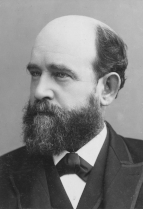https://www.youtube.com/watch?v=aX5gzRnUfSw Francis K. Peddle, J.D., Ph.D., is currently Vice-President -- Academic Affairs at the Dominican University College, Ottawa, Canada and an Associate Professor in the Faculty of Philosophy. He is a barrister and solicitor and has been a member of the Law Society of Upper Canada for over twenty years.

